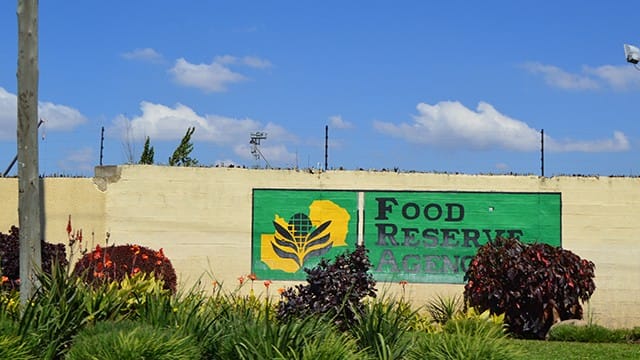World Bank Urges Zambia to Reform Agricultural Programs to Boost Economic Transformation
The World Bank has issued a compelling call to the Zambian government, urging comprehensive reforms to enhance fiscal efficiency and foster economic diversification through its agricultural sector.
In a recent report titled “Unlocking Productivity and Economic Transformation for Better Jobs,” the World Bank advocates for significant changes to the Farmer Input Support Program (FISP) and Food Reserve Agency (FRA).
Highlighting concerns over the current structure, the report asserts that supporting maize production through FISP and FRA is deemed the least socially efficient option for Zambia. It underscores that reliance on maize production alone through these programs often leaves smallholder farmers earning below the poverty threshold of US$2.15 per day.
The World Bank proposes redirecting public expenditure from FISP and FRA towards more productive investments in infrastructure, capacity building, innovation, and climate change adaptation. Such a shift, according to the report, is crucial for reducing poverty and promoting inclusive sectoral growth.
Climate resilience is identified as another critical area for intervention. The report advocates for rapid agronomic solutions, including crop diversification, improved soil fertility management, and resource-efficient irrigation. It emphasizes the potential of public-private partnerships in promoting irrigation infrastructure and water rights management, which are essential for adapting to climate change impacts.
Addressing trade barriers, the World Bank calls for the removal of restrictions on maize transport and expiring export permits. Such reforms, it argues, are pivotal in enhancing the competitiveness of agribusiness and commercial agriculture, benefiting traders, processors, consumers, and farmers alike.
Moreover, the report underscores the importance of creating a supportive business environment and leveraging private sector-led growth, particularly in higher-value crops, livestock, and aquaculture. Access to finance, insurance, plant health protection, veterinary services, and robust early warning systems are also highlighted as crucial elements for sustainable agricultural development in Zambia.
In response to these recommendations, stakeholders are urged to collaborate closely with the private sector to drive agricultural innovation and entrepreneurship, ultimately aiming for a more resilient and prosperous agricultural sector in Zambia.
Source: ZBT



